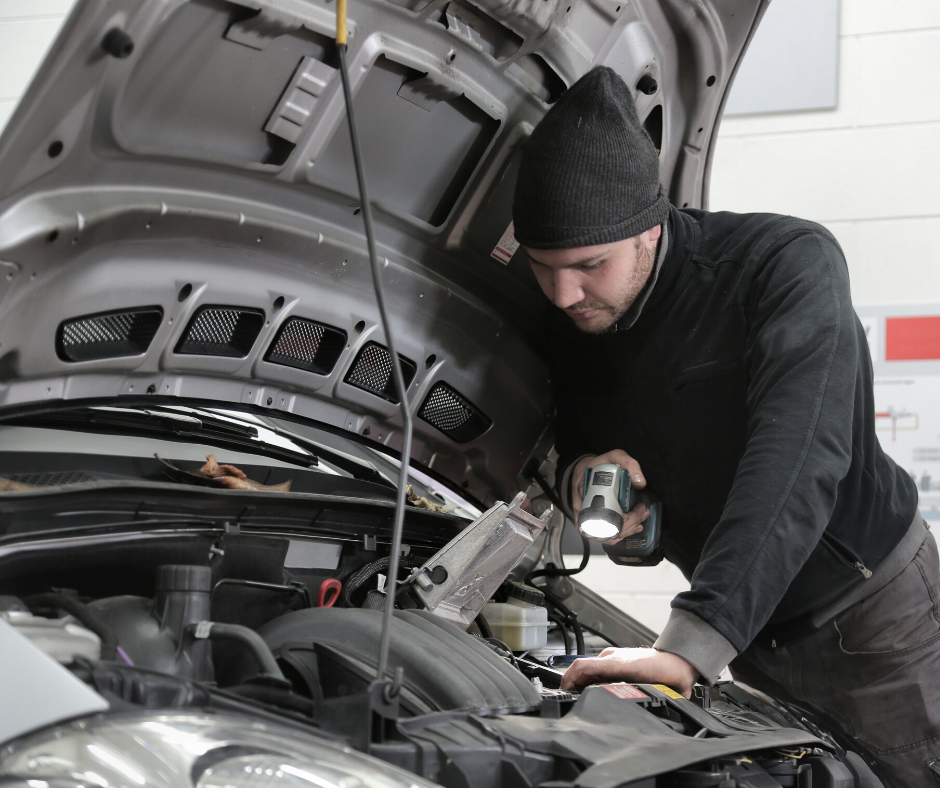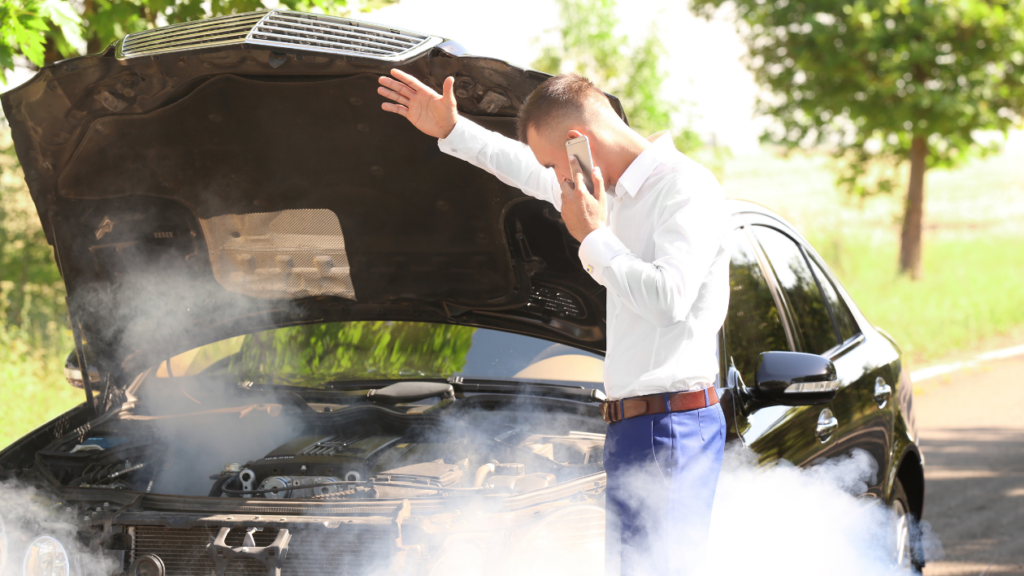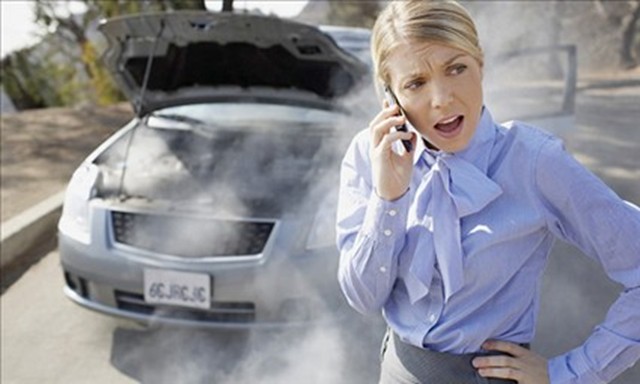What To Do When A Car Is Overheating -
Overheating of cars is a common problem, particularly in hot summers or if the vehicle has been running continuously for a long time. It can happen to anyone at any time, no matter how new or old their vehicle is. In this article, we will guide you on what to do when your car overheats, including some key tips and ideas on how to prevent it from happening in the future.
Why Do Cars Overheat?
There could be a variety of reasons behind overheating, and it’s essential to identify them to avoid bigger problems in the future. Here are some common causes of overheating:
Lack of Coolant/Low Engine Oil:
This could be the most obvious cause, and it is also the easiest to fix. An engine requires a specific amount of coolant to keep running at its optimal temperature. The loss of this coolant can cause the engine to overheat rapidly. Similarly, low engine oil levels can also cause overheating as oil helps to reduce the engine’s heat levels. Therefore, make sure the coolant and engine oil levels are both adequate.
Faulty Thermostat:
The engine’s thermostat is designed to regulate the engine’s temperature. If the thermostat is not functioning properly, it could lead to overheating or under heating of the engine. Getting it repaired or replaced can solve the problem.
Broken Radiator:
The radiator is responsible for removing heat from the engine. If it’s damaged or not functioning correctly, your vehicle’s engine could quickly overheat. A replacement will be required in this situation.
Clogged Radiator:
If the radiator’s ducts are clogged with dust and debris, the engine could have difficulty in getting rid of excess heat. Regular cleaning and maintenance of the car’s radiator are crucial to prevent this from happening and improve the car's performance.
Water Pump Issues:
A malfunctioning water pump can lead to overheating. Water pump problems can result in coolant not circulating correctly, creating a lot of heat in the engine.
What To Do When Your Car Overheats?
Although, local laws and traffic rules might vary in different regions, we’ve compiled a general guideline below:
First Step:
Turn off the engine and let it cool down for at least 15 minutes. It is essential to switch off the car immediately when you notice the heat has gone up to prevent more damage.
Second Step:
Open the hood to help the engine cool down faster.
Third Step:
Check the coolant container and refill it with a sufficient amount of coolant to the recommended level (it should be written in your car’s manual).
Fourth Step:
Check the radiator, hoses and water pump for any visible leaks and if there is a problem, visit a mechanics to repair the problem.
Fifth Step:
If there is a serious problem, you might need to call a mechanic to tow your car to the repair shop.
Preventive Measures:
It’s always better to take preventive measures to avoid emergencies. Here are some tips and ideas to help you prevent your vehicle from overheating:
Maintain Regular Service:
Regular service and maintenance can help keep your engine running at optimal conditions.
Keep an Eye Out for Signs:
Any warning signs appearing on your car's dashboard are not to be ignored. For example, any warning lights of low coolant levels or high engine temperature should be promptly inspected by a mechanic.
Check the Radiator’s Condition:
Checking the radiator’s condition regularly is an excellent preventive measure to avoid clogging issues. Maintain the car’s radiator by cleaning it at least twice a year.
Be Mindful of Your Driving Habits:
Driving smoothly and calmly helps reduce the engine’s strain, which results in reduced chances of overheating. Avoid racing or pushing your car to its limits.
By following these steps, you can quickly identify why your car is overheating and how to manage it in case of emergency. Remember, preventing the car from overheating is always better than dealing with the aftermath.





By adopting the preventive measures mentioned above, you can significantly decrease the chances of your car overheating, which can save you time, money and unwanted stress. If you need further advice or your vehicle does overheat, make sure to contact professionals to avoid further damage.
Read more articles about What To Do When A Car Is Overheating